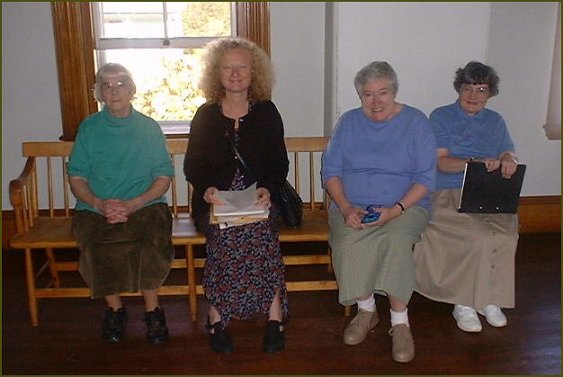
The
"Glimli Glider" was a Boeing 767 that was in service with Air Canada as Flight 143 from Montreal to Edmonton when it ran out of fuel at 28,000 feet on July 23, 1983. The airplane was still very new to the Air Canada fleet, and was thus one of a new generation of aircraft that had eliminated the Flight Engineer position in the cockpit and replaced it with sophisticated automation. Another new feature was the use of metric (litres and kilograms) rather than imperial (gallons and pounds). Both of these factors contributed to the accident.
The main cause of the accident was that both the ground crew and the flight crew used an incorrect conversion factor to calculate how much fuel to put on board. They ended up putting in 22,300 lbs of fuel, rather than 22,300 kg. So in fact they only had about 10,000 kg--half of what they needed.
Normally the crew would have been saved by the on-board "Fuel Quantity Indicator System." They would have noted the fuel gauge in the cockpit not matching what the ground crew told them. And even if they didn't notice until being the air, the flight management computer would indicate the available range given the FQIS reading. Naturally, the FQIS is important enough to have redundancy (and the airplane had made two flights in a fall-back mode), but in this case a distracted mechanic had neglected to configure the instrumentation to work correctly after trying to troubleshoot the problem. So the fuel gauge wasn't working at all for the flight in question.
The captain should not have taken off in this condition, but he was under the mistaken impression that the airplane had been flown without the fuel gauges for some time. The airplane was so new that the policies about what equipment were considered absolutely necessary was still in flux, so he went with the ground crew's recommendation to fly without a functional FQIS. But he was cautious enough to have the ground crew manually check the fuel level with a dipstick and to check the math done by the first officer and the ground crew. The math was right, it was the conversion factor that was wrong--so it did on good.
So it wasn't until they were halfway to Edmonton that a low-pressure warning told them they were trouble. They lost both engines, which meant also loosing most of the electronics and hydraulics. When this happens on a 767, a small propeller-driven generator pops out to give limited power, but as the airplane slows down the airplane's hydraulic power goes down, too.
So these pilots, Captain Robert (Bob) Pearson and First Officer Maurice Quintal, find themselves at 41,000 feet without engines, with only limited instrumentation or hydraulic power for controlling flight. They flipped the checklist book to "flight without engines" only to find that there was no such checklist! Nor was this a scenario they had tried in a simulator.
Gliding, they calculated that they would not manage to make the nearest airport and instead opted for a former military airfield, Gimli Field. They lined up on a runway that had actually been decommissioned and turned into a drag strip. It was family day, and the runway was lined with spectators on either side.
They were coming in fast and high, and there wasn't altitude to make a 360 degree turn (nor flaps or spoilers)--so Pearson made a move of genius. An experienced glider pilot, he executed a maneuver called a
forward slip. Think turning the yoke to the right and pushing the left rudder pedal. Part of the airplane wants to turn left, part right. The result is the aircraft starts slipping sideways through the air. The bank angle (according to an interview I saw) was something near 60 degrees, which was incredibly scary to the passengers. The co-pilot reported later that it was disconcerting to be looking down at the pilot, rather than across at him. This maneuver creates enormous buffeting. The passengers were looking at a golf course below them through the windows in the left side. In this flight mode, the craft looses both altitude and airspeed quickly. At the last moment, Pearson straightened up the airplane and touched down. The forward gear hadn't locked, and thus collapsed immediately. Pearson could now see people on the runway and braked hard enough the blow all the tires. Partly thanks to the nose dragging on the runway, the plane came to a stop without hitting anyone.
The passengers and crew got off safely. Folks from the drag strip put out a minor fire starting where the cone section had dragged on the runway.
Here's the really great part--after making some repairs the airplane flew from Gimli to an airport with proper ground facilities. There it was repaired and put back in service for more than 25 years! It was known as the "Gimli Glider" and had no other problems. It was retired with much fanfare in January 2008. The same crew from the 1983 incident (including some of the original flight attendants) flew the airplane to a bone yard in the California Desert.
Note that several crews attempted to replicate the scenario in a simulator--all crashed.
Ultimately, a string of mistakes caused the near crash. The captain bears some responsibility for not catching the incorrect fuel calculations and for flying with insufficient equipment. And yet he performed some extraordinary flying to save the day. What lesson to take from that?
-t







